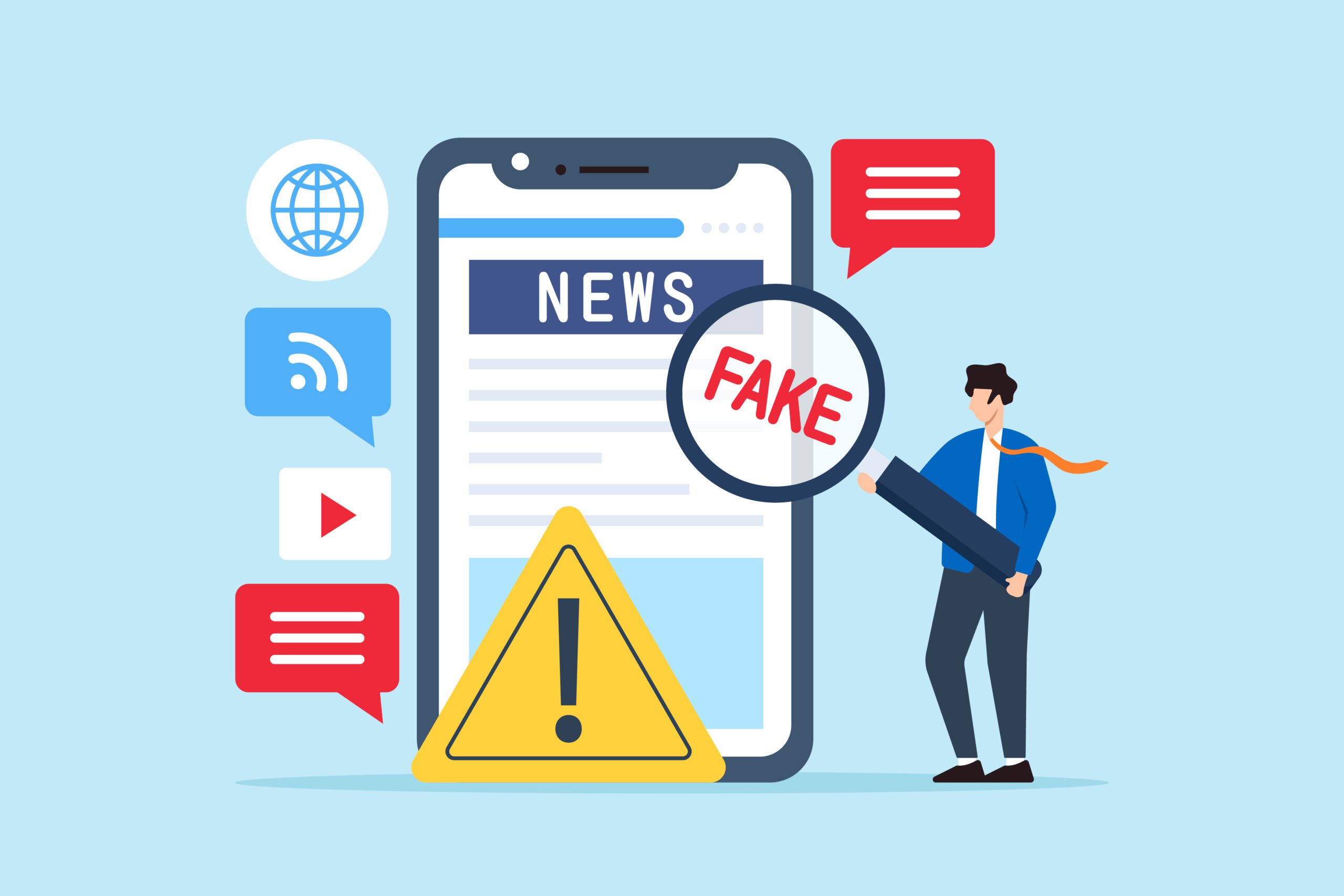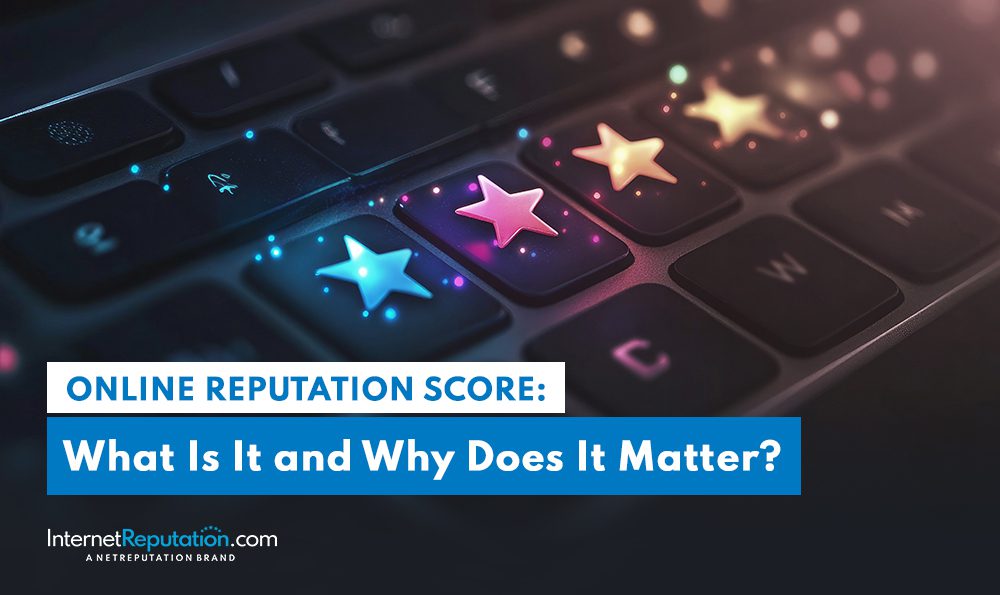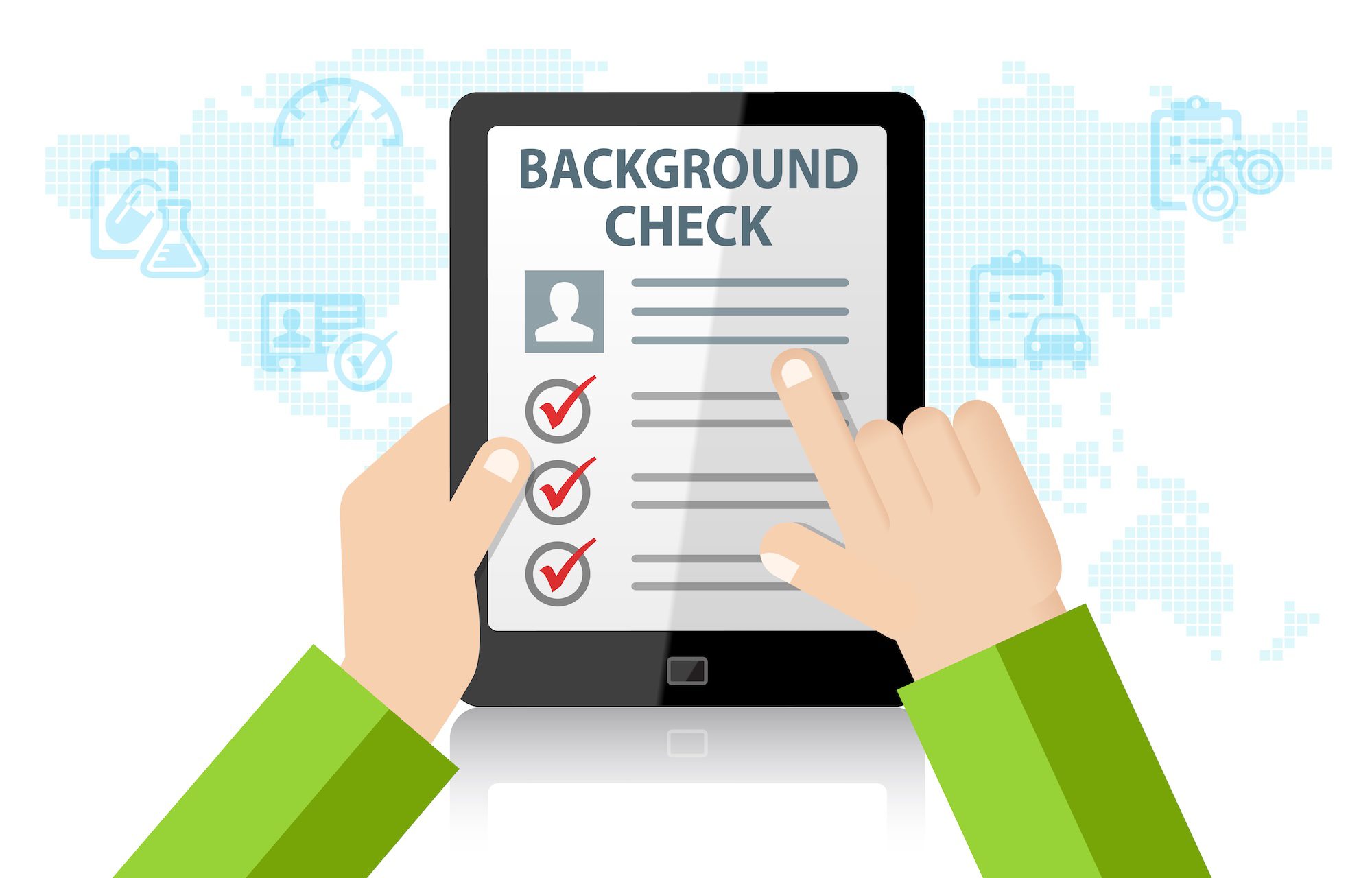Online Misinformation is Growing—Is Your Name the Next Target?

Online misinformation is a growing problem that poses a significant challenge to modern society. False news online and misleading information are spreading rapidly through social media platforms. They influence public opinion and foster political polarization. Social media sharing makes it easy for users to spread misinformation without fact-checking. The nature of online social networks often amplifies false news.
What is Online Misinformation?
Online misinformation refers to false or misleading information circulated through digital platforms. False news online and disinformation campaigns can go viral before verification. Social media platforms like Facebook and Twitter are particularly prone to this issue. Users frequently share information without validating its accuracy.
Researchers highlight that online misinformation often comes from low-quality news sources or untrustworthy websites. Its prevalence continues to grow, creating confusion for the public. People struggle to discern true and false news amidst the noise of social media feeds. Fake news can also come from politically motivated actors, including political elites and organized groups that push disinformation online for strategic purposes.
How Does Online Misinformation Spread?
The rapid spread of online misinformation comes from several factors. Human psychology and social media dynamics play significant roles. Users gravitate toward sensational stories, regardless of their truth. Affective polarization and emotional engagement make people more likely to share misinformation that aligns with their beliefs. The echo chamber effect, where users interact mostly with like-minded individuals, further reinforces false narratives. This makes misinformation difficult to correct.
Research shows that disinformation campaigns exploit this tendency. They spread disinformation through coordinated efforts, often involving political elites or influential figures. For example, Donald Trump’s tweets were scrutinized during the presidential election for spreading misleading information. This shows how political figures can unintentionally or deliberately influence public opinion. Sharing false news during critical political moments can skew public perception and affect democratic processes.
The Role of Social Media Platforms
Social media platforms play a critical role in both spreading and combating misinformation. Algorithms prioritize engagement, often amplifying harmful content regardless of its accuracy. This prioritization of sensational stories over reliable news sources exacerbates the problem. Users frequently encounter misleading information during routine browsing.
Platforms like Facebook and Twitter have taken some steps to mitigate misinformation. They partner with fact-checking organizations and use artificial intelligence to detect harmful content. Despite these efforts, disinformation remains overwhelming. Users continue to spread false information faster than it can be corrected.
Why Do People Share Misinformation?
People share misinformation for various reasons. Psychological factors, like confirmation bias and belief validation, play a role. Research shows that misinformation spreads more rapidly when it resonates emotionally. Users often share information that aligns with their political views or personal experiences, even from low-quality news sources.
Studies published in PNAS Nexus suggest that political polarization contributes to the rapid spread of fake news. Users are more likely to trust information that supports their ideological perspectives. This inclination to share misinformation without verifying accuracy results in a fragmented information environment where truth and falsehood coexist.
The Consequences of Online Misinformation
The spread of false news online can have profound effects on society. Misinformation about health crises, like COVID-19, led to public confusion and reduced compliance with safety measures. Political misinformation, especially during elections, can distort public understanding and influence voting behavior.
The proliferation of false claims and fake news undermines trust in journalism and democratic processes. As more people turn to social media for news, the risk of encountering misleading information grows. Misleading news stories can even influence real-world actions, including public protests and political advocacy based on faulty premises.
Combating Online Misinformation
Addressing misinformation requires a multifaceted approach. Media literacy education can empower users to evaluate information critically online. Artificial intelligence can help detect and flag misleading content. Platforms must implement robust fact-checking systems and reduce the visibility of false news.
Encouraging critical thinking and fostering skepticism can help users recognize disinformation online. By promoting trusted sources and reducing the spread of false claims, social media platforms can contribute to a more informed public.
Fact-checking and Media Literacy
Promoting media literacy is essential to combat the spread of misinformation. Educating users on discerning credible news from false claims can build resilience against harmful content. Like those developed by Google and other tech companies, fact-checking tools enable users to verify information before sharing it.
Programs like MediaSmarts and The News Literacy Project provide resources that foster critical analysis and media competence. Building public awareness around the tactics used to disseminate misinformation empowers communities to make informed decisions.
The Role of Government and Policy
Government involvement in combating misinformation includes promoting accurate information through public campaigns and supporting research on how misinformation spreads. Case studies on election misinformation reveal that coordinated efforts between social media platforms and public institutions can mitigate the impact of disinformation campaigns.
Initiatives aimed at reducing misinformation online often involve collaborations with universities and research institutions. By funding studies that analyze the psychological factors behind misinformation sharing, governments can create more targeted strategies for addressing the issue.
Final Thoughts
Staying vigilant is crucial in a world where misinformation can shape public perception and influence democracy. Social media users should practice responsible sharing and use fact-checking tools to ensure credible information. Building awareness around media literacy and fostering critical thinking are vital steps in combating the ongoing challenge of misinformation.
Society can work toward a more truthful and transparent information ecosystem by holding both individuals and platforms accountable. Governments, tech companies, and users all play a role in reducing misinformation’s negative impacts and preserving the integrity of public discourse.



